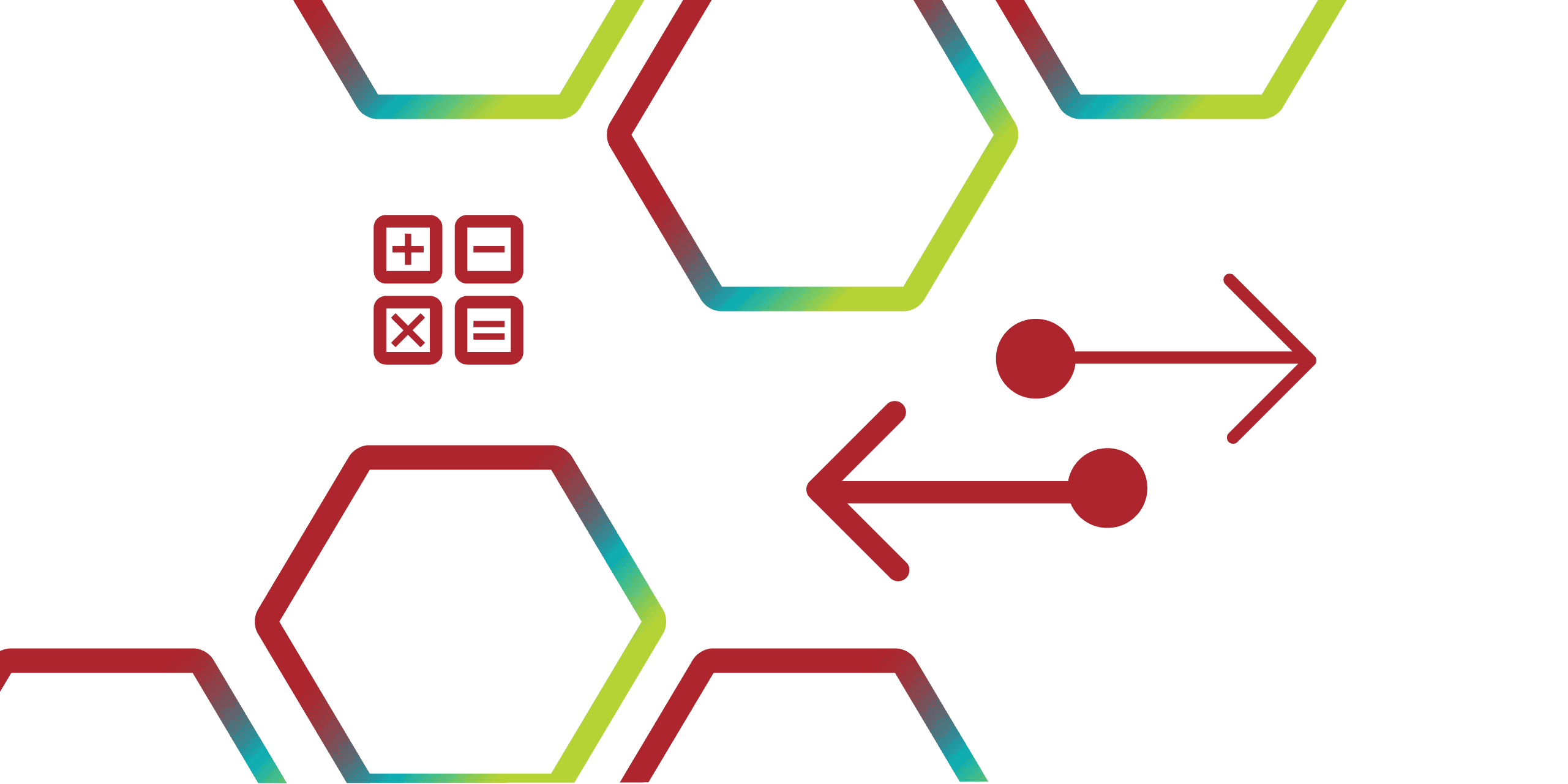
ICT Accessibility
Introduction to ICT accessibility
Many procurement officers may not have come across the concept of ICT or digital accessibility. This is an introduction to the concept with some introductory videos and short articles as further reading.
What is accessibility for ICT?
All too often, decisions made during the procurement of ICT products leads to many potential users being prevented from accessing them. We’re talking about the 4.4 million Australians which the Australian Bureau of Statistics (ABS) has explicitly identified as having “any limitation, restriction or impairment which restricts everyday activities and has lasted, or is likely to last, for at least six months”. Others who might be impacted, but not counted in the ABS statistics, include:
- People with dyslexia – estimated as at least 10% of the population
- People who are ‘colour blind’ – approximately 8% of the male population
We’re also talking about people who have a temporary disability like a broken arm or an eye or ear infection, or a situational disability like using a laptop in the sunshine.
Introductory resources
There are some good short videos and web pages available that introduce the concept of ICT accessibility and why it’s needed. The following collection is not exclusive but forms a good starting point for someone new to the topic.
World Wide Web Consortium (W3C)
- Videos that explore the impact and benefits of web accessibility for everyone (10 short - 1 minute - videos)
- Introduction to Web Accessibility
- How People with Disabilities Use the Web
Intopia
- Accessibility fundamentals videos (4 short videos)
- Use with … different disabilities videos (6 short videos)
Melbourne University
ADCET
- A collection of Videos on Inclusive Technology
Quick introduction to accessibility in procurement
- 5 key accessibility questions to ask when buying digital tools, sites or apps (POSTER) – Hassell Inclusion (2021)
- The power of buying accessible tech – Greg Alchin (2022)

***Please note:*** *We view this as a living resource and welcome feedback. We are improving our website to ensure this content is fully accessible for all users. There is also a fully accessible version of the content available on the [ADCET website](https://www.adcet.edu.au/accessible-it-procurement/). We welcome feedback about the content and its accessibility as part of our ongoing process for improvement — email: [procurement@caudit.edu.au](mailto:procurement@caudit.edu.au).*

Connect with CAUDIT
CAUDIT acknowledges the Traditional Owners of the lands where we live, learn and work. We pay our respects to Elders past and present and celebrate the stories, culture and traditions of all First Nations people.